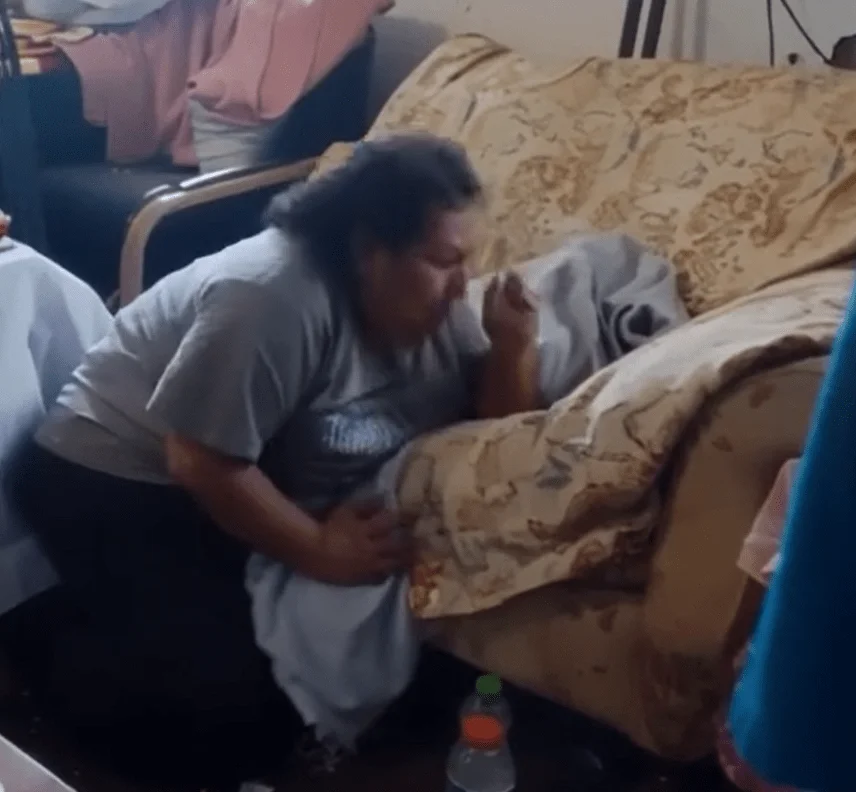Christine Grady, Veteran NIH Bioethicist, Reportedly Let Go Amid Health Department Restructuring
In a move that has drawn considerable attention from the public health community, Christine Grady — a highly respected bioethicist and longtime leader at the National Institutes of Health (NIH) — has reportedly been removed from her position as part of a sweeping reorganization within the U.S. Department of Health and Human Services (HHS).
Grady, who has spent decades shaping the ethical framework for biomedical research and public health policy, was among a group of prominent professionals affected by what agency officials are calling a strategic “realignment of priorities.” According to sources familiar with internal discussions, the NIH is adjusting its focus away from the long-term infrastructure and planning that dominated the pandemic era, and toward more pressing health concerns currently facing the American public, such as chronic disease management, health equity, mental health, and the opioid crisis.
Grady has not issued any public statement since news of her departure began circulating. Still, her absence from recent NIH ethics panels and internal briefings has been noted by colleagues and bioethics professionals across the country. Grady, who is married to former National Institute of Allergy and Infectious Diseases (NIAID) director Dr. Anthony Fauci, served as Chief of the Department of Bioethics at the NIH Clinical Center and was widely known for her work on pandemic preparedness, human subjects research, vaccine ethics, and the allocation of scarce medical resources during crises.
While the NIH has characterized the recent staff changes as part of a broader modernization effort, several reports have hinted at tensions within the agency surrounding the handling of COVID-19, particularly in relation to early public messaging, ethical oversight, and internal transparency. According to unnamed officials, part of the rationale for letting Grady go may stem from the perception that conflicts of interest — both real and perceived — affected the integrity of ethical review processes during key moments of the pandemic response. However, no official findings of wrongdoing or misconduct have been issued against Grady, and some within the bioethics field have pushed back against suggestions that she acted improperly.
“Christine has always been a thoughtful and principled leader,” one NIH researcher said anonymously. “The idea that she’s being dismissed because of vague associations or optics rather than clear evidence is disappointing, especially given her years of service.”
In addition to Grady, several other scientists, advisors, and support staff members were reportedly either released from their roles or reassigned to different departments or remote locations, some as far away as Minnesota and Alaska. The relocations — which some see as a softer form of removal — have raised questions about the underlying motivations behind the restructuring, particularly among those in the academic and policy communities.
NIH leadership has issued only a brief public statement on the matter, explaining that the staff changes are “part of a long-term plan to optimize flexibility and responsiveness across the department.” The statement emphasized NIH’s ongoing commitment to research excellence, ethical transparency, and public trust, stating: “We continue to value the work of our research professionals and are confident these organizational adjustments will strengthen our ability to respond to emerging health challenges.”
This leadership shift comes at a sensitive moment for federal health institutions. The legacy of the COVID-19 pandemic still looms large, with questions about the virus’s origins, vaccine distribution ethics, and institutional accountability continuing to circulate in public discourse. Critics of the restructuring argue that removing experienced professionals like Grady could weaken internal expertise and hinder future preparedness.
However, others see the changes as an opportunity for fresh voices and broader reform. “Sometimes institutional credibility requires turning the page,” said one former HHS advisor. “That doesn’t mean erasing contributions—it means acknowledging that public confidence matters and that part of rebuilding trust involves reexamining who is in charge and how decisions are made.”
As the dust settles, many are watching closely to see how NIH’s leadership transitions will affect ongoing projects in biomedical research, health equity initiatives, and bioethical policy development. Though Christine Grady’s professional future remains uncertain, her legacy within American bioethics is already firmly established. The extent to which this reshuffle will impact public perception, internal morale, or the department’s long-term goals is yet to be seen.




